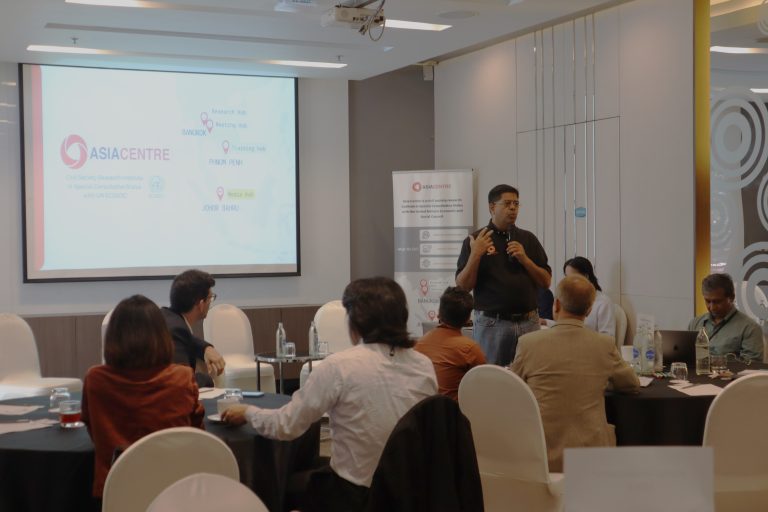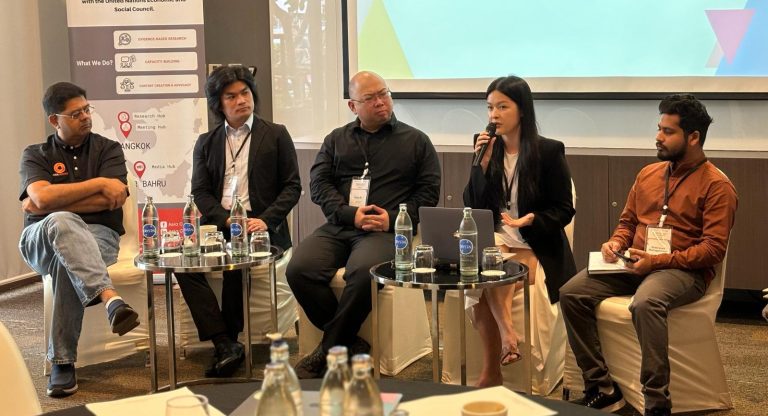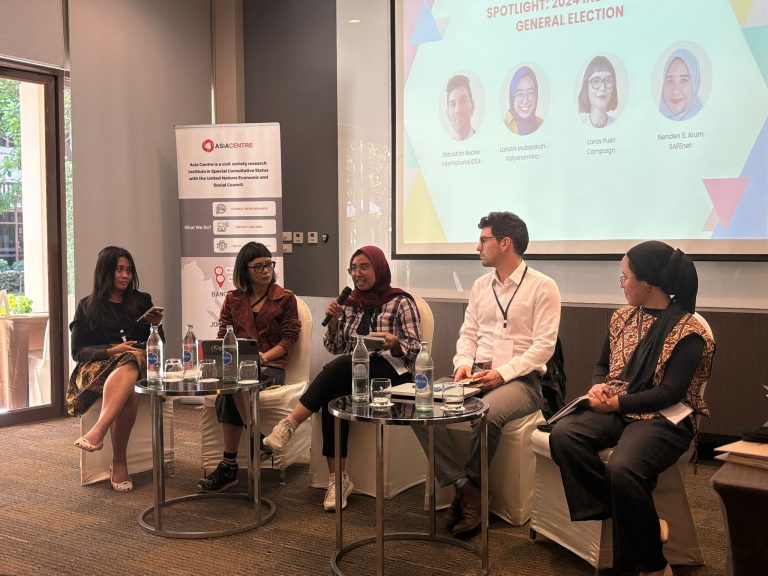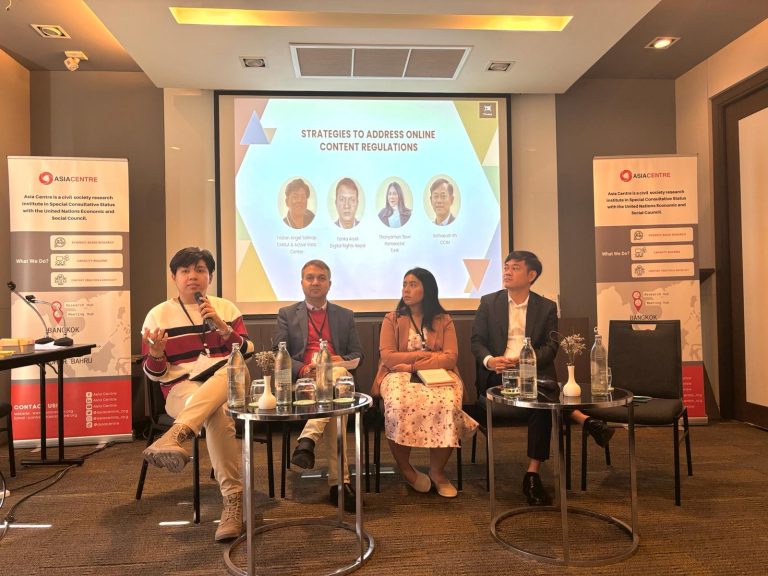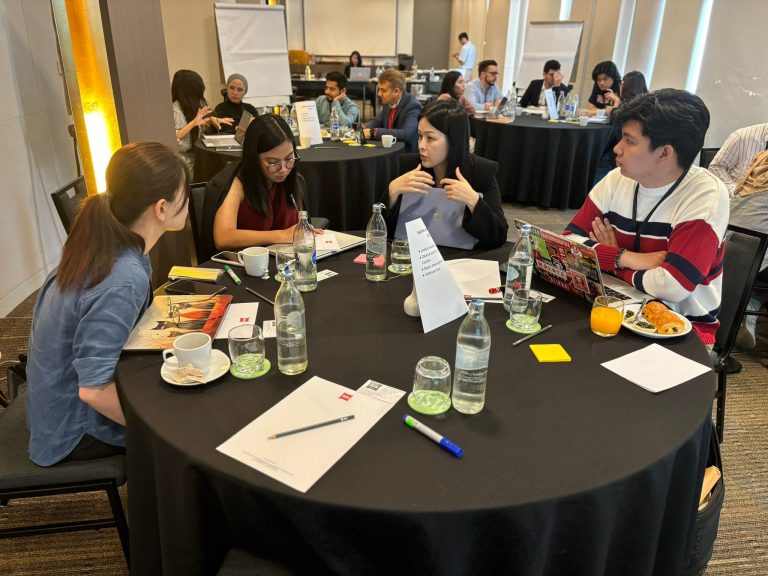Asia
Asia Centre hosts regional meeting on digital rights

-

 Singapore4 days ago
Singapore4 days agoDr Tommy Koh: “INCOME and Fairprice should never be sold”
-

 Business2 days ago
Business2 days agoConcerns over conflict of interest and corporate governance arise in Income’s sale to Allianz
-

 Singapore2 weeks ago
Singapore2 weeks agoYoungest self-radicalised Singaporean and 33-yr-old former public servant issued restriction order under ISA
-

 Comments2 weeks ago
Comments2 weeks agoVoters interviewed at West Coast GRC, expressed hope for PSP representation in Parliament
-

 Singapore2 weeks ago
Singapore2 weeks agoSingapore’s birth rates decline by 5.8% as total fertility rate drops below 1
-

 International2 weeks ago
International2 weeks agoAttempted assassination at Donald Trump rally in Pennsylvania: Shooter and one attendee dead, two critically injured
-

 Singapore1 week ago
Singapore1 week agoAGO Report reveals lapses in MOE’s school projects; Police report filed over possible falsifications
-

 Singapore2 days ago
Singapore2 days agoNTUC Enterprise Chairman assures affordable insurance for lower-income customers amid Allianz deal concerns

